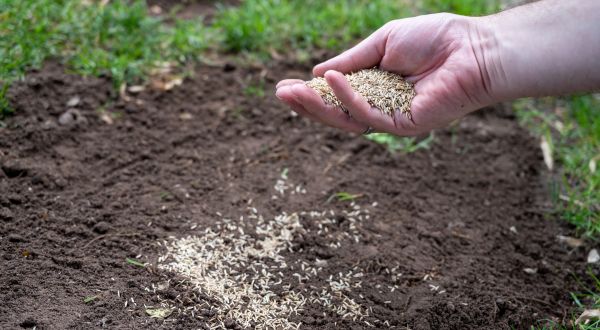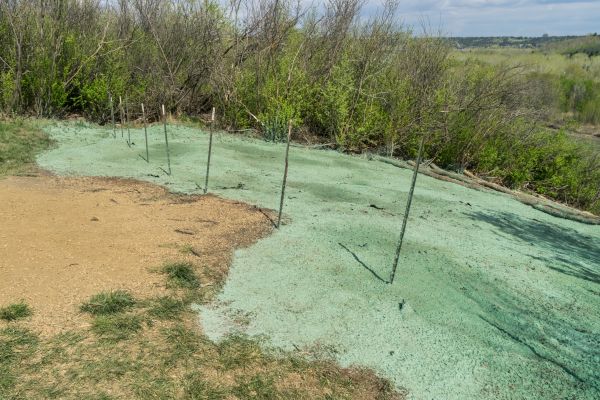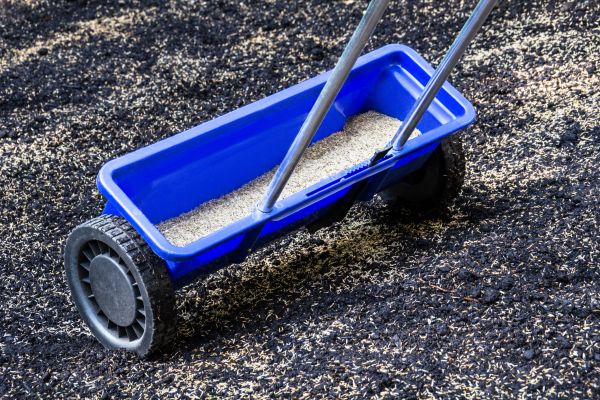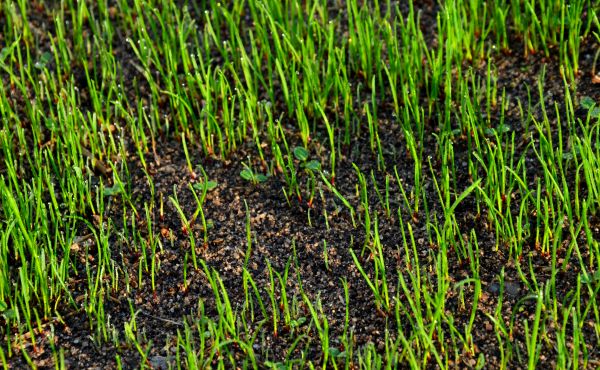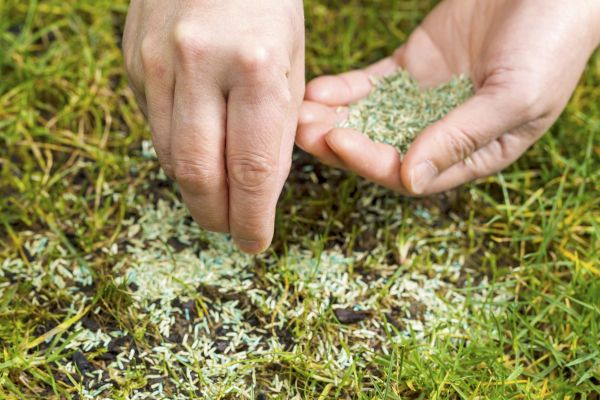Residential Lawn Seeding
Connect with experienced local pros.
Residential lawn seeding is a vital process that involves planting grass seed to establish or rejuvenate a lawn. This method is essential for maintaining a healthy, lush, and vibrant landscape. Whether starting a new lawn from scratch or repairing thin and patchy areas, seeding ensures that your lawn remains dense and attractive. A well-seeded lawn not only enhances the aesthetic appeal of your property but also contributes to environmental benefits such as improved air quality, reduced soil erosion, and increased biodiversity. By investing in residential lawn seeding, homeowners can enjoy a beautiful outdoor space that adds value to their property and provides a welcoming environment for both family and guests.
Benefits of Residential Lawn Seeding
-
Improved Lawn Density
Residential lawn seeding helps to fill in bare spots and thicken existing grass, resulting in a more uniform and dense lawn. This increased density enhances the overall appearance of your lawn and creates a softer, more resilient surface that is ideal for outdoor activities. -
Enhanced Curb Appeal
A lush, green lawn significantly boosts the curb appeal of any home. By investing in lawn seeding, homeowners can transform their outdoor space into an inviting and aesthetically pleasing environment that complements their property's architecture and landscaping. -
Weed and Pest Resistance
A thick and healthy lawn is more resistant to weeds and pests. By seeding regularly, grass can outcompete undesirable plants and create an environment that is less conducive to pest infestations, reducing the need for chemical treatments. -
Environmental Benefits
Lawns play a crucial role in improving air quality by absorbing carbon dioxide and releasing oxygen. Additionally, a well-seeded lawn helps prevent soil erosion, improves water infiltration, and supports biodiversity by providing habitat for various beneficial organisms.
FAQs About Residential Lawn Seeding
When is the best time to seed a lawn?
The ideal time for lawn seeding depends on the grass type and local climate. Generally, early fall and spring are the best times to seed, as the soil is warm and conditions are conducive to seed germination and growth.
How often should a lawn be reseeded?
Lawn reseeding frequency depends on the lawn's condition and grass type. Typically, overseeding every 2-3 years helps maintain optimal density and health, but high-traffic areas may require more frequent attention.
Can I seed my lawn myself, or should I hire a professional?
While DIY seeding is possible, hiring a professional ensures proper seed selection, soil preparation, and application techniques, leading to better results and a healthier lawn.
How long does it take for grass seed to grow?
Grass seed germination varies by type, but most seeds begin to sprout within 7-21 days. Full lawn establishment may take several weeks to months, depending on environmental conditions and maintenance practices.
Ready to transform your lawn into a lush, green oasis? Fill out the contact form today to request Residential Lawn Seeding services. Experience the benefits of a professionally seeded lawn, from enhanced curb appeal to improved environmental health.

